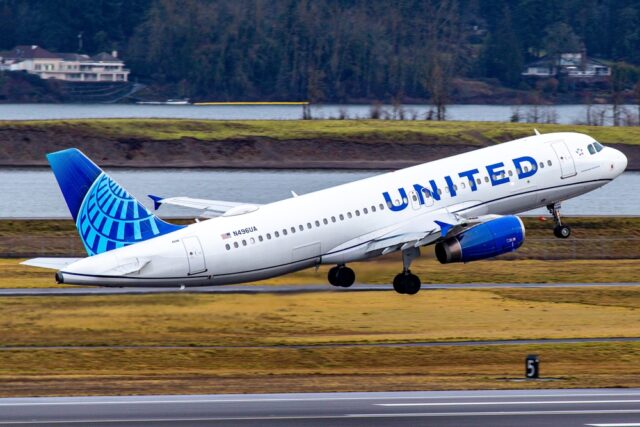
Transparency. It’s easier said than done.
Brands have traditionally held back information from their customers, for reasons that may include:
- Fear of exposing vulnerabilities
- The perception that the customer “can’t handle” the information
- Perceived lack of control
- Concern about negative impact on the brand’s image
On the other hand, think about the positives that can result from transparency:
- Deeper customer trust
- Strong consumer engagement
- Building positive images
The last point, related to why companies choose or don’t choose to be transparent, is telling. Some companies think it’s a negative, while others see it as a positive.
For years, United Airlines ranked at the bottom of survey after survey.

Photo credit: Wenjie Zheng / Shutterstock.com
Several of the initiatives that United has put in place include purchasing newer planes, investing in technology, and working to reduce its cancellation rate. None of these initiatives are particularly unusual in the airline industry.
What United is doing, related to transparency, stands out.
Most airlines are now pretty good about letting you know right away when a flight is delayed. But does your airline share details like this?
“Your flight is stuck on the tarmac because we don’t have enough staff to open the door in Newark”
“Here’s a weather map detailing why weather is affecting your flight.”

Photo credit: Shutterstock
United is trying to win its customers’ trust, a powerful image in the aviation industry, so the company has decided it’s worth the risk.
Building perceptual images is how brands grow, which leads to customer base growth. When images decline, customer bases decline.
If United wants to win the image for having the newest planes, it can’t just buy and fly new planes. United must tell its customers and prospective customers that they fly the newest planes.
This is no different for a radio station attempting to win the music discovery image or for a podcast trying to win the image for its category, whether it’s True Crime or European History.
Content won’t win the game alone. It must be paired with consistent and aggressive branding.
Time will tell if United’s transparency initiative moves the needle on the Trust image.

Hey Jay,
Great article! As a United Airlines partisan living in a hub city for that company, this topic was of particular interest. Untied has certainly come a long way and is trying very hard to be better.
As always, you painted a terrific parallel to the radio industry and the need to brand stations. I feel it’s imperative for people in our positions to remind clients that there’s a real need for branding their stations.